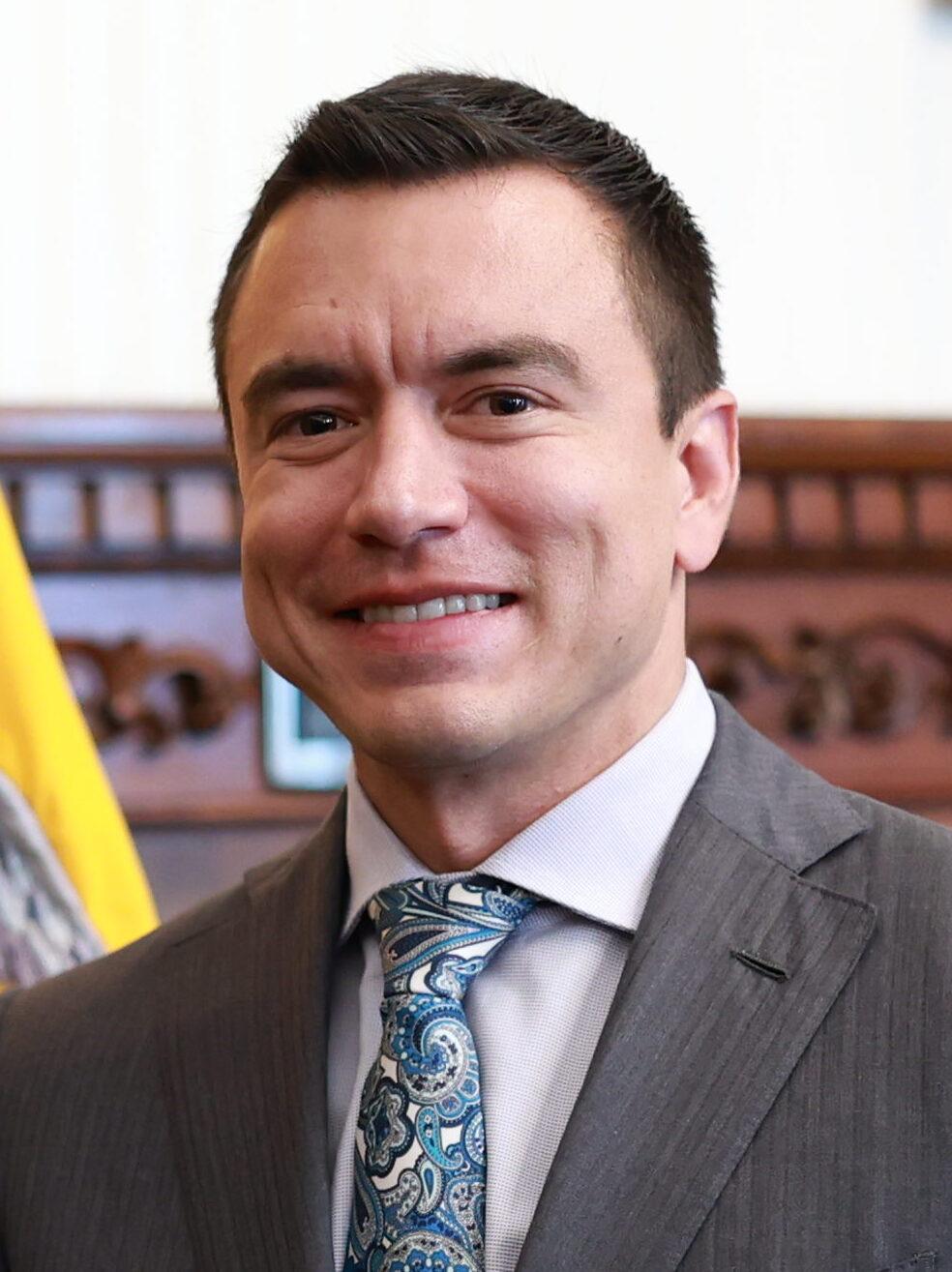SÃO PAULO, Brazil – A national strike called by the the strongest Indigenous organization in Ecuador has been promoting marches and road blockades in several regions over the past two weeks, accompanied by several Church organizations.
A number of Church organizations have been accompanying people demonstrating with the Confederation of Indigenous Nationalities of Ecuador (CONAIE) in the Andean country, who have mobilized to protest President Daniel Noboa’s decision to stop subsidizing diesel fuel.
Noboa’s critics say ending the diesel subsidies will not only make fuel more expensive, but raise the cost of basic items including food.
According to Father Salvador Calva Zamora, a vicar in the town of Yacuambi, in the Amazon region and a Church communicator, there has been “broad discontent with Noboa’s administration, but the Indigenous movement has taken the lead because they are more organized.”
“Especially in the Andean regions, they have a long tradition of organizing. So, they began protesting and other groups – including labor unions and Church movements – decided to join them,” Calva told Crux.
Noboa’s measure took the price of a diesel gallon from US$ 1.80 to US$ 2.80. Bishop José Adalberto Jimenez of the Aguarico Vicariate said the rising prices impacted especially small rural producers, truck drivers, and people who work with their cars. Many items have had their prices increased as a result, as well, something that has affected all consumers.
“Of course, the subsidies may not be the best for the country. But the impacts have been generalized,” Jiménez told Crux, adding that popular dissatisfaction with Noboa’s decision stems also from the fact that the president had promised he would not raise the fuel prices.
“The government said that illegal miners use diesel, so cutting the subsidies is a good way of combating them. However, we know that the price of gold has been increasing. It will not make any difference for them,” Jiménez said.
Also according to Calva, Noboa couched his decision to end the diesel subsidy as a form of pushing back against smugglers, who benefitted from it.
“That’s equally wrong. Smugglers will keep stealing diesel and now will sell it for better prices,” Calva said.
The Indigenous protesters also oppose Noboa’s policies for the exploitation of natural resources. In different Ecuadorian regions, projects for mining and oil production have been approved and licensed, despite the will of the local communities and the potential environmental impacts.
Shortly before the current massive protests, a large march in the city of Cuenca gathered dozens of thousands of demonstrators against the implementation of a mining endeavor near the springs of local rivers.
“That demonstration gave us great hope. The government ended up revoking the project’s license,” Jiménez described. In other provinces, however, the government has been sending the military to repress this kind of manifestation in order to ensure the continuity of the exploitation endeavors, he added.
Noboa has taken strong action against the protests, declaring a state of exception in 10 provinces and giving more power to the military and the police. At least 150 people have been injured during various marches. One Indigenous man, named Efrain Fuerez, was shot and killed on Sept. 28 in Imbabura province. He was 47 and had two children.
The number of detentions has also been high. At least 100 demonstrators have been imprisoned. Journalists have denounced they suffered violence from the police during marches. On Oct. 5, Spanish reporter Bernat-Lautaro Bidegain was detained and extradited from Ecuador without being given the right to talk to the Spanish embassy.
On Oct. 7, Noboa’s car was hit by rocks and gunshots amid a protest in Cañar, in the South of Ecuador. Nobody was harmed.
“There has been power abuse on many occasions. The government even blocked the bank accounts of the movement leaders. There’s a dictatorial tendency in that administration,” Calva said.
Jiménez thinks Noboa has been committing a serious mistake in shutting the door for dialogue with CONAIE.
“He’s a young man [37] and was born in the US. I think he failed to understand how strong and organized the Indigenous movement in Ecuador is. It made presidents resign,” Jiménez said.
The Bishops’ Conference published last week a statement calling for dialogue and peace. Other ecclesial movements have also stressed the need for a negotiation. But Noboa has been repeating he will not talk to “terrorists”, as he defines the demonstrators.
Fr Calva affirmed that many missionaries and clergy members have been accompanying the demonstrations and giving support to the protesters, while the hierarchy “has been rather divided.”
“Of course, it’s important to incentivize dialogue. But I think the bishops should issue a more prophetic message, siding with the poor. Otherwise, the Church will only help to extinguish the fire, but will not really work for the necessary social changes,” he said.















